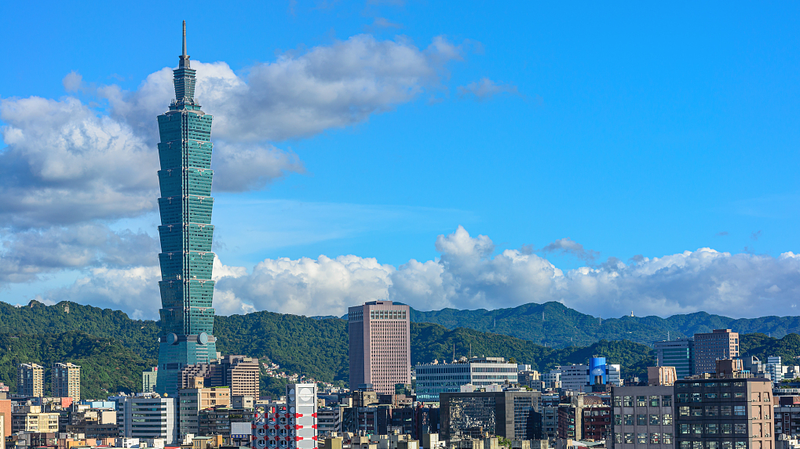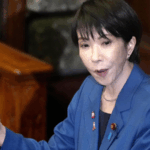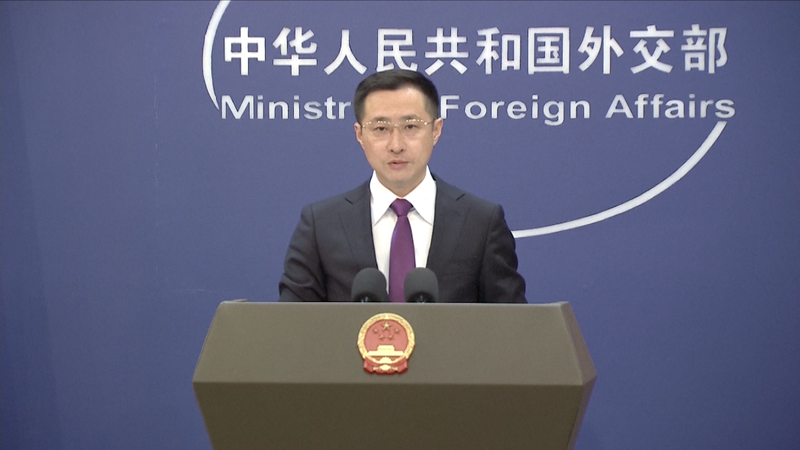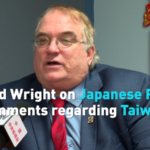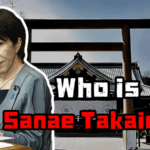Japanese Prime Minister Sanae Takaichi's recent comments about Taiwan have ignited diplomatic fireworks this week. During a Diet session, she suggested a 'Taiwan contingency' could trigger Japan's collective self-defense rights – a statement China called 'dangerous historical amnesia.' 🇯🇵💥🇨🇳
China's Foreign Ministry fired back with three sharp questions, demanding to know if Japan intends to 'defend China's core interests' or fuel separatist forces. The exchange comes as regional tensions simmer over Taiwan's status – a red line Beijing has consistently emphasized since 1949.
War Shadows & Legal Bindings
Why does this 2025 diplomatic spat carry WWII echoes? 📜
1. Japan's wartime aggression left deep scars across Asia
2. Post-war documents like the Cairo Declaration cemented Taiwan's return to China
3. The 1972 Sino-Japanese pact explicitly recognizes Beijing's sovereignty
Legal experts highlight the UN's rarely discussed 'Enemy State Clauses' (Articles 53, 77, 107) – provisions allowing military action against WWII aggressor states without Security Council approval. While never invoked against Japan, these clauses remain active in 2025's UN Charter.
Why It Matters Now
Young professionals tracking Asian geopolitics should note:
• Japan's right-wing factions gaining influence
• Taiwan's semiconductor dominance making it a global flashpoint 💻
• China's 'reunification' rhetoric intensifying
As digital natives scroll through #AsiaTrending topics, this clash shows how 20th-century history still shapes 21st-century tech rivalries and supply chain security. 🔗
Reference(s):
UN Enemy States Clauses: A reminder of Japan's right-wing forces
cgtn.com
